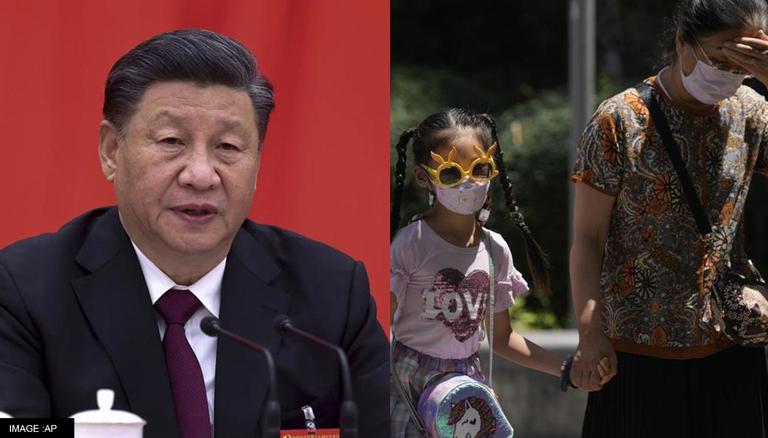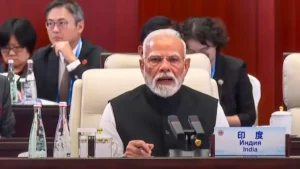Heat wave caused by Beijing’s anti-environment policies adds to Covid-hit economy’s woes
China is facing the worst heat wave on record, which appears to be the fallout of Beijing’s policies that have been detrimental to the environment. Beijing has declared its first drought emergency as heat waves have dried up areas of the Yangtze River, affected power supplies, shut down factories, disrupted crop production, and crippled the supply chain. Now these heat waves can turn out more damaging to its economy than the Covid-19 pandemic. According to Dan Wang, chief economist at Hang Seng Bank China, the country’s economy was in “a dire situation” since the heat waves were set to last for another two to three months. “It will affect those big energy-intensive industries and it will have a knock-on effect throughout the economy and even to the global supply chain,” Wang said.
Rampant deforestation, unsustainable dams, and uncontrolled carbon emissions over the past few decades disturbed the ecological balance in China. Now its effects are manifesting through unprecedented extreme high temperatures. In the past 20 years, China lost 10.9 million hectares of tree cover, which amounted to 6.7 percent loss of green cover and 4.68Gt of CO₂e emissions. Rising urbanisation led to massive tree felling across China. Beijing ignored ecological degradation in pursuit of short-term economic benefits. Rapid industrialisation and unsustainable dam building led to excessive log cuttings. “The rate of deforestation is still very, very significant. When they build new dams, these areas can just be de-protected like that. So even protected areas don’t have strong protection status,” said Alice Hughes, macroecology researcher in the University of Hong Kong.
Yangtze River is the longest river in China and is a crucial source of agriculture, transportation and hydropower. However, the water levels have plummeted in the river—the lowest since 1961. Around 240 cities in China are suffering from high temperatures, above 40 degrees Celsius. Provinces like Hubei, Sichuan are the worst affected. Energy supplies in Sichuan are falling short since consumer demand has gone up due to heat waves even as hydropower generation has halted due to low water levels. This has forced authorities to shut down factories, affecting manufacturing and the supply chain in China.
Operations of companies such as Foxconn and Compal, which are both suppliers for Apple, and others like Tesla, Intel and Texas Instruments, Toyota, and SAIC Motor are impacted. China’s economy is already under stress due to frequent lockdowns under the ‘Zero-Covid’ policy. So the effects of heat wave can make things worse. Mirko Woitzik, global director of intelligence solutions for Everstream Analytics, a supply-chain insights and risk analytics company, said “These shutdowns have the potential to be equally if not more impactful on supply chains than recent COVID lockdowns.”
China now has decided to stop deforestation and started taking reforestation efforts. However, it appears to be too late. According to scientists, the frequency and intensity of extreme weather events will increase in future. While some parts of China will witness prolonged droughts, others will witness heavy rainfalls at the same time. Xiaoming Shi, an assistant professor at Hong Kong University, said new extreme events can be dangerous for China. “Future extreme heat waves will affect even larger areas and impact more population,” he said. For this moment at least, the heatwave-caused droughts, power outages, and supply chain disturbance are going to have a serious negative effect on China’s economy, thanks to anti-environment policies for decades.









